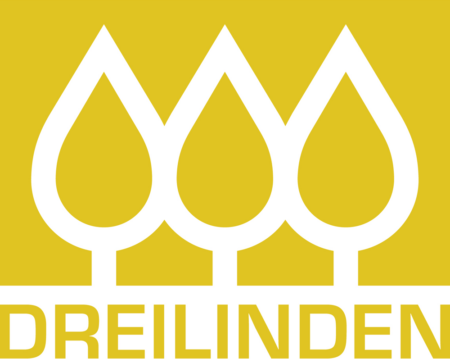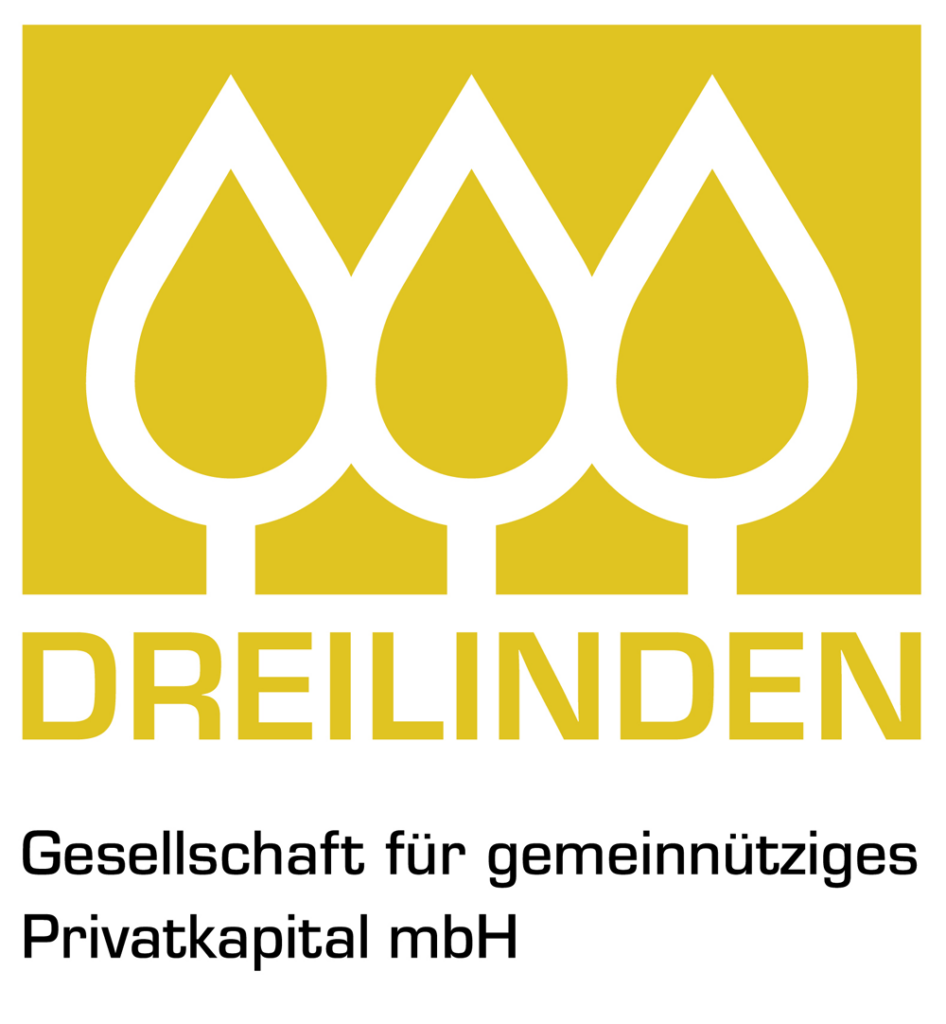Grants
Grants
Grantmaking Strategy
All human beings have much to gain if their personal development can include their sexuality and their gender preference. Thus, our treatment of gender and gender variance is a mirror of our society’s humanity.
Human societies are more liveable and stronger if binary gender roles are less fixed, and less hierarchically ordered.
To further this vision:
Dreilinden strengthens feminist movements and the movements of LGBTIQ people in different parts of the world. We are convinced that their solutions are effective. That is why we contribute to improving the strength and stability of these organizations for the benefit of the people they serve and for the benefit of society as a whole. Dreilinden gives one-year and multiyear grants, mostly to provide core support that can be used according to the grantees’ own priorities.
Dreilinden aims to function as a catalyst to get more institutions and individuals in the Global North to provide more resources to promote the human rights of LGBTIQ people as well as the human rights of women and girls. Dreilinden supports projects within institutions and cooperates with decision makers, private donors, and international networks.
Dreilinden uses its private capital to change the frameworks of investments. Dreilinden invests according to ethical and ecological criteria and makes direct investments with corporations, working with decision makers to get gender impact and a queer lens included in their portfolios.
We focus on the gender aspect of systems of power, knowing how few funders are active here. We fully recognize that other urgent issues of inequality and discrimination exist and influence our field. To best employ our limited capacities, we seek intersections especially between gender diversity and work against racist and classist discrimination and inequality.
current grants
current grants
You can find a list of Dreilinden-Covid-response- grants in 2020 here
Additional information: Philanthropy for Rainy Days:

